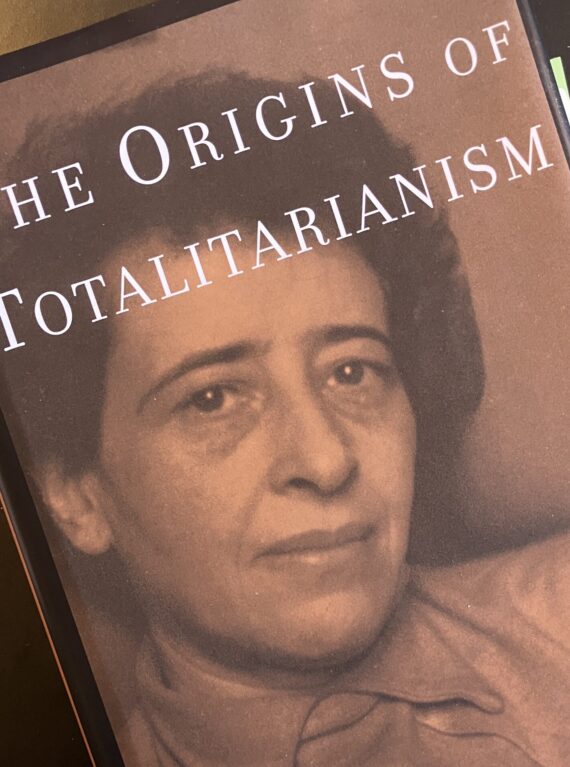As Seyla Benhabib notes in her book The Reluctant Modernism of Hannah Arendt (2003), “the aspect of Arendt’s theory of human activity that has been most criticized and discussed … is the distinction between labor and work.” (130) In this keynote lecture by Professor Benhabib, the Eugene Meyer Professor of Political Science and Philosophy emeritus at Yale University, senior research scholar at the Columbia Center for Contemporary Critical Thought (CCCCT), professor at Columbia Law School, and a foremost authority on Arendt, we will explore the controversy over Arendt’s reading of Marx. [Continue reading here…]
Hannah Arendt
By contrast to Franz Neumann, who characterized the Third Reich as lawless and chaotic, a “non-state” in his words, and to Ernst Fraenkel, who identified both a rule bound and lawless dimension to what he called the “Dual State,” Hannah Arendt argued that totalitarian forms of government (including both Nazi Germany and Stalinist USSR) disregard positive law but aspire to a higher law. For Nazi Germany, Arendt describes that higher law as “the law of nature,” by which she means the white supremacist belief in the superiority of the Aryan race as a matter of genetic science. In the case of the Soviet Union under Stalin, Arendt described the higher law as “the law of history,” understood as a historical materialist theory that inextricably led to the dictatorship of the proletariat, or in her words the superiority of a class. We have seen this played out recently in American politics: political leaders claiming that the enforcement of positive law is purely political and being weaponized, and should give way instead to a popular conception of what is right. [Continue reading here…]


